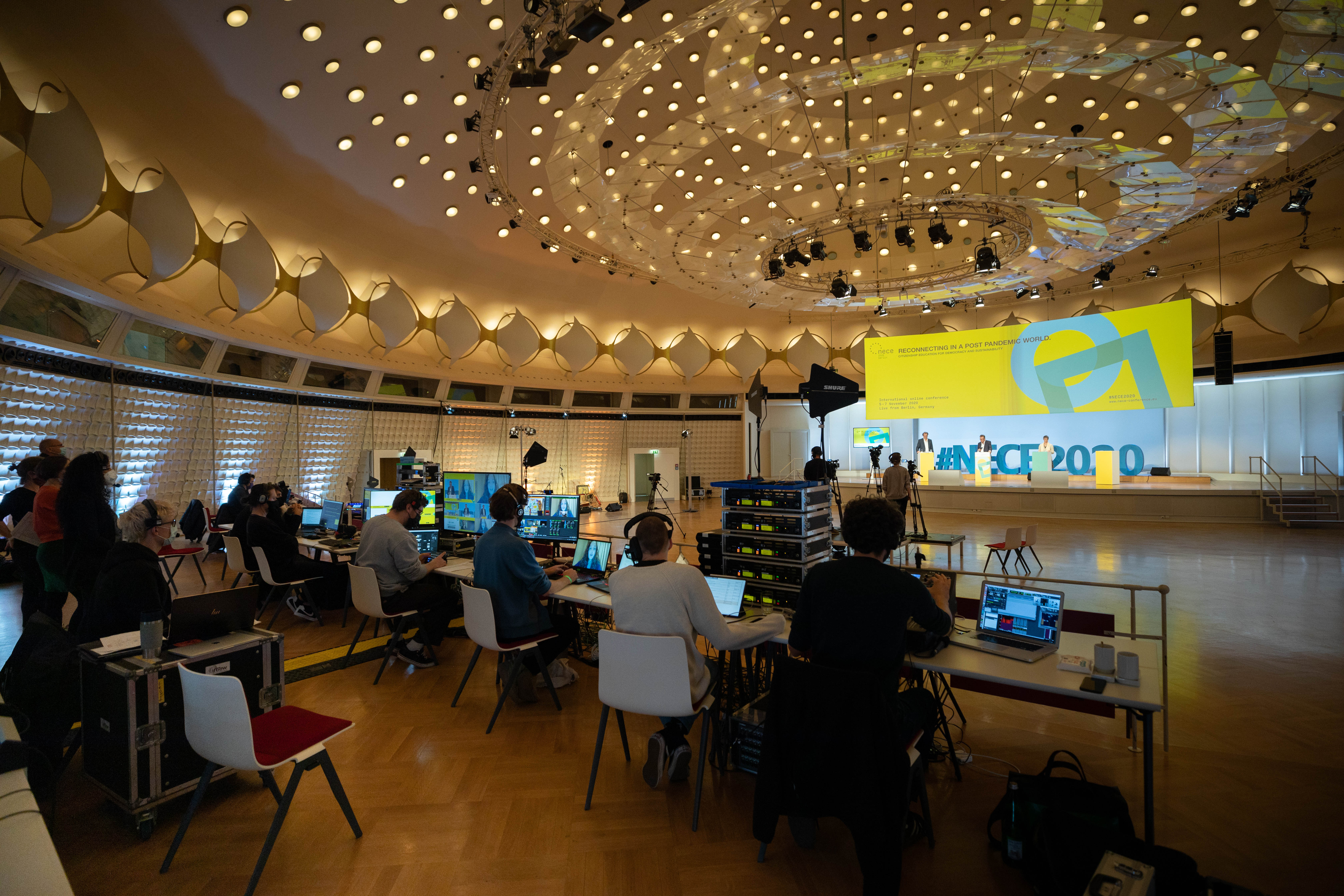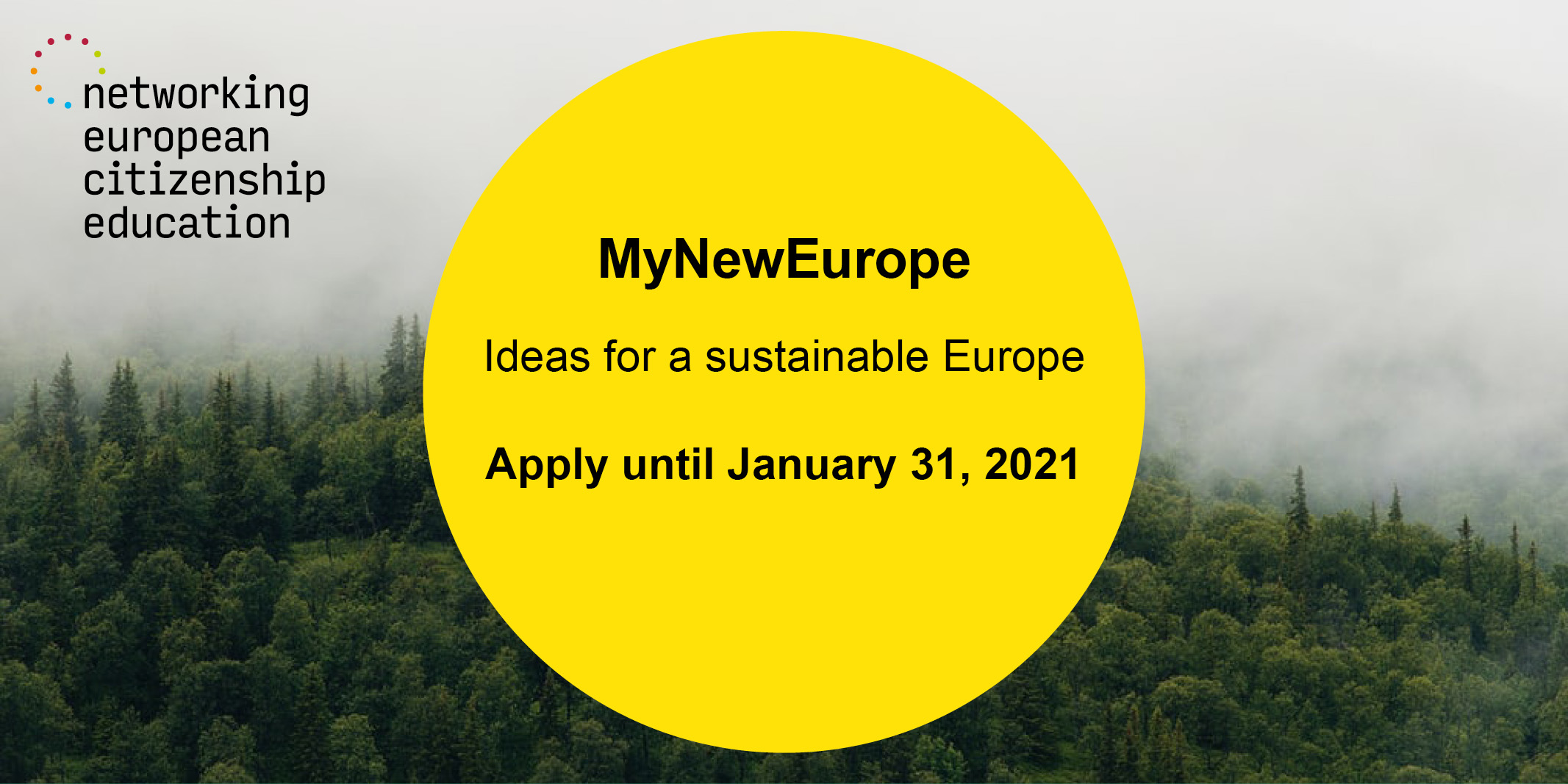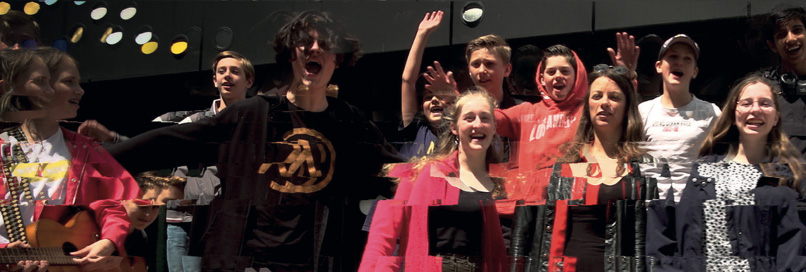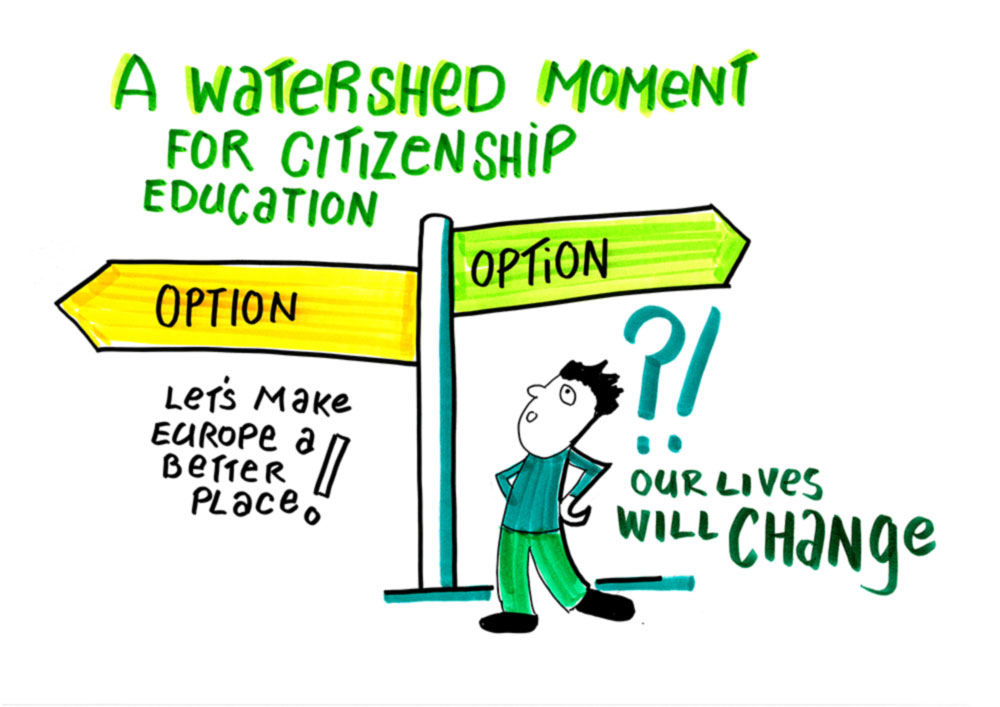 |
|||||||||||||||||||||||||||||||||||||||||||||||||||||||||||||||||||||||||||||||||||||||||||||||||||||||||||||
|
NECE NEWSLETTER 04 | 2020
 (Image: © BpB/BILDKRAFTWERK/Peter-Paul Weiler) Editorial
Dear Colleagues, |
|||||||
| NEWS about NECE | |||||||
|
INSIDES FROM NECE AND PARTNERS
Documentation of the NECE Conference 2020 at nece.eu
PLEASE SIGN THE NECE DECLARATION! NECE just launched the new NECE website containing many new features such as the NECE toolbox, NECE experts and a NEWS section. It also provides a list of European flagship projects and experts in citizenship education. The aim is to strengthen citizenship education by adding a European and transnational dimension, facilitating exchange and the sharing of information among partners and stakeholders of NECE and its corresponding networks. We look forward to your feedback! Is this website useful for your work in citizenship education? www.nece.eu! Reopened call: MyNewEurope – Apply now!  What are your ideas for a sustainable future Europe? What lessons for the future can we draw from the current crisis? How will society and politics transform in the future? And most importantly: What initiatives and projects can implement ideas with formats and methods of citizenship education in 2021 in an innovative and sustainable way? Apply now for the re-opened call MyNewEurope of the NECE platform (www.nece.eu). Up to 15 applicants will be selected to present their project to a broad audience in a virtual event in the first quarter of 2021! Read more. Putting European Citizenship in the Agenda: ECIT Conference in Brussels The conference held on 1-2 December 2020 and organised by ECIT was a vibrant exploration of European citizenship. A key theme was that citizenship education should have a greater European dimension. Every child should be educated about this first transnational citizenship of the modern era. The conference followed on from NECE’s event the previous month and was an opportunity to promote its Declaration to representatives of the European Commission, Members of the European Parliament and stakeholders. Main action points: engage MEPs and others in informal dialogue to encourage implementation of the Declaration; promote a pilot project for a centre of excellence; prepare a European Citizens’ Initiative. Read more. Cultural and Linguistic Identity Portfolio The Cultural and Linguistic Identity Portfolio (CLIP) is one of the results of the NECE Focus Group Competences for Democratic Culture, which will finish its work by the end of 2020. The group brought together educators and multipliers from diverse educational contexts who explored the implementation of the Council of Europe’s Reference Framework of Competences for Democratic Culture (www.coe.int/rfcdc) in their institutional, local or national contexts. Read more. Zentrum fir politesch Bildung: Catch the Democracy Train!  On the 20th of November, the third edition of the “Democracy Train” took place. The format allows kids and Members of Parliament to discuss children’s rights. Due to the current circumstances we carried out a digital version. 5th and 6th graders from primary school identified problems and presented their ideas to members of the “Chambre des Députés” via Zoom. Together both the children and politicians thought about the first steps to solve this issues. Duerchbléck – Check this educational booklet on social and political topics! duerchbléck, ‘(clear) view’ in Luxembourgish, is an educational booklet for teachers in secondary schools. It is available in German and French and for selected issues also in English. This booklet offers background information, introductory activities and worksheets on social and political topics. The methods described in the booklet encourage students to consider multiple perspectives and later to form their own opinion. The material has been conceived mainly for classes related to social sciences, but can also be used across disciplines. Editions are available in English. More information is available here. INSIDES FROM EENCE (Eastern European Network for Citizenship Education)
The EENCE Annual Conference 2020 – 1:0 COVID-19 pandemic |
|||||||
| Restarting Europe | |||||||
|
More funds and possibilities for CSOs in EU |
|||||||
Applications welcome for the programme “The Future of Democracy”
| |||||||
Making the #righttoeducation a reality in times of #COVID19
| |||||||
| GOOD PRACTICE: IDEAS & EXAMPLES | |||||||
Art matters in languages and intercultural citizenship education
This introductory paper briefly discusses the pressing need for intercultural citizenship education in a human world made small, currently shut down due to a pandemic. Find out more. (Image: Unsplash/Bryan Garces) |
|||||||
|
Historiana: An online educational multimedia tool for history educators across Europe The online platform Historiana promotes the acquisition of cross-border historical knowledge and the development of critical thinking, digital and other transversal competences important for preparing a young generation for active participation as citizens of the 21st century. Visit website. |
|||||||
A one of a kind European exchange project by VPRO and Euroclio

Last year, EuroClio and Dutch broadcasting company VPRO joined forces to launch a very exciting and unique exchange project for European schools: In Europe Schools. It is a one of a kind project that encourages a transnational approach to teaching crucial and challenging topics like gender equality, migration and climate change. It focuses on the development of research skills and media literacy through documentary-making. The Education Kits offered include all the necessary materials – no preparation needed! Find out more. |
|||||||
|
The Last Europeans – Jewish Perspectives on the Crises of an Idea Parallel to the exhibition at the Jewish Museum Hohenems (until October 3, 2021), the website http://www.lasteuropeans.eu/en/ offers interviews on the development of Europe and recordings of events at the “Very Central European University”. It also offers a critical European diary that is well worth reading. For a whole year the “Very Central European University” is the venue of an open debate on the future of Europe, calling for a discourse on the real and ideal substance of the European Union, on potential threats and opportunities and on forward-looking and outdated concepts. | |||||||
|
Global Monitor of COVID-19’s Impact on Democracy and Human Rights An online monitoring tool provides access to democracy and human rights-related information on COVID-19 measures by country, region and worldwide. Visit the website! Please note: Any links provided are for information and discussion only. The views expressed are not necessarily shared by NECE as a networking platform. | |||||||
| Wanted: Your Contribution to the NECE Newsletter! | |||||||
| Are you involved in citizenship education in Europe or North Africa? Are you running projects aimed at promoting democratic values and tolerance in your country or region? Do you think NECE (and the readers of this Newsletter) should know about your project and do you want to enlist their support/advice? We’d love to hear from you! Send your contributions, ideas, comments, and questions to: nece-newsletter@labconcepts.de or share your stories and projects via Social Media using our Hashtag #digitalNECE. |
|||||||
You are receiving the NECE Newsletter because you subscribed and have confirmed that you wish to receive information about the NECE-Networking European Citizenship Education initiative. To unsubscribe please click here. |
|||||||
 Under the heading ‘Time for Action’, the ‘
Under the heading ‘Time for Action’, the ‘
